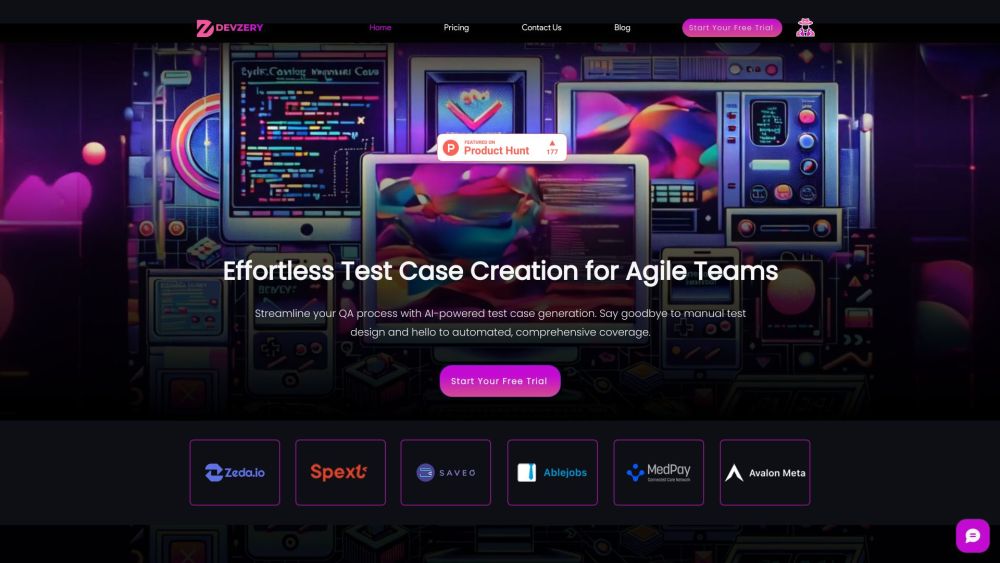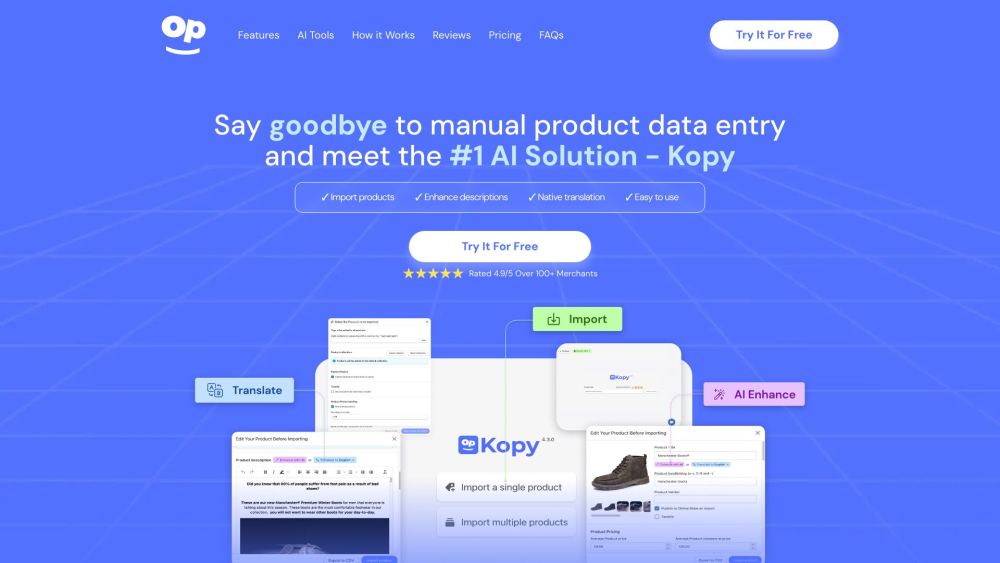Ashish Nagar, an engineer, was working on the conversational AI team at Amazon’s Alexa organization when he recognized the transformative potential of AI for enhancing productivity in contact centers.
"Frontline workers, like customer service representatives, represent significant human capital globally," Nagar explained. "My vision was to leverage ambient computing—AI that operates passively and listens in the background—to support human efforts."
In 2019, Nagar founded Level AI, a company that provides a comprehensive suite of AI-driven tools designed to automate various customer service tasks. The platform evaluates contact center agents based on metrics such as total conversations and instances of “dead air,” offering valuable insights for both managers and agents.
"Level AI’s software equips brands with insights into customer sentiment, service quality, and actionable plans for enhancing service performance," Nagar noted.
What else does Level AI offer? The platform can provide agents real-time hints during customer interactions, such as reminders to verify a customer’s identity. It also gauges customer sentiment and alerts agents if a client is frustrated, for instance, pointing out concerns about a delayed shipment. Furthermore, Level AI features coaching tools that help managers guide agents in improving their response times and overall performance.
“Some key challenges in AI-enabled customer service include data privacy and security issues, the need for seamless integration with existing systems, ensuring AI reliability and accuracy, and addressing potential job displacement concerns," Nagar remarked. "Moreover, keeping up with rapidly advancing AI technologies while adhering to ethical standards and regulatory requirements is a constant challenge. Level AI has been designed from the ground up to tackle these issues."
While Nagar remains optimistic about the deployment of Level AI’s platform, it's essential to acknowledge the darker aspects of call center monitoring software. An op-ed in The Guardian described how some call centers function as "electronic panopticons,” where employees are perpetually monitored, leading to instant disciplinary actions for minor mistakes. Combined with inadequate compensation and the emotional strain of managing customer complaints, it's no wonder the turnover rate in the contact center industry can reach as high as 30% to 45% annually.
The privacy concerns surrounding tools like Level AI also raise questions. Are customers aware that their conversations are being analyzed by sentiment-detecting algorithms, and do employees have the assurance that their personal data will eventually be deleted?
Nagar asserts that the responsibility lies with organizations using Level AI to establish their data retention policies. "We provide customers with flexibility in how they control and manage their data," he clarified.
This adaptability appears to resonate with businesses. Firms like Affirm, Penske, and Carta are leveraging Level AI, which generates revenue through annual contracts based in part on the number of agents utilizing the platform. While Nagar didn’t disclose specific revenue numbers, he is optimistic that the company is on track to exceed $50 million in annual recurring revenue within the next two years.
Examining the broader market for contact center software, this projection does not seem far-fetched. According to Mordor Intelligence, the sector was valued at $61.07 billion in 2024, with expectations to grow to $145.20 billion by 2029, partly fueled by contact center operators seeking cost reductions.
Investors are also taking note of Nagar's ambitions. Level AI recently secured $39.4 million in a Series C funding round led by Adams Street Partners, with additional participation from Cross Creek, Brightloop, and existing backers Battery Ventures and Eniac Ventures. This financing brings the total capital raised by the startup to $73.1 million.
Nagar indicated that these new funds would be used to broaden Level AI’s platform to cater to different customer segments.
"We have already experienced significant traction with enterprise clients, and this funding will allow us to extend our solution to more customers," Nagar shared, noting plans to expand the company’s workforce, currently at 135, by at least twelve more employees in the next six months. "We will continue to innovate in our space with our four existing product offerings while investing heavily in our team and technology to sustain this momentum."




